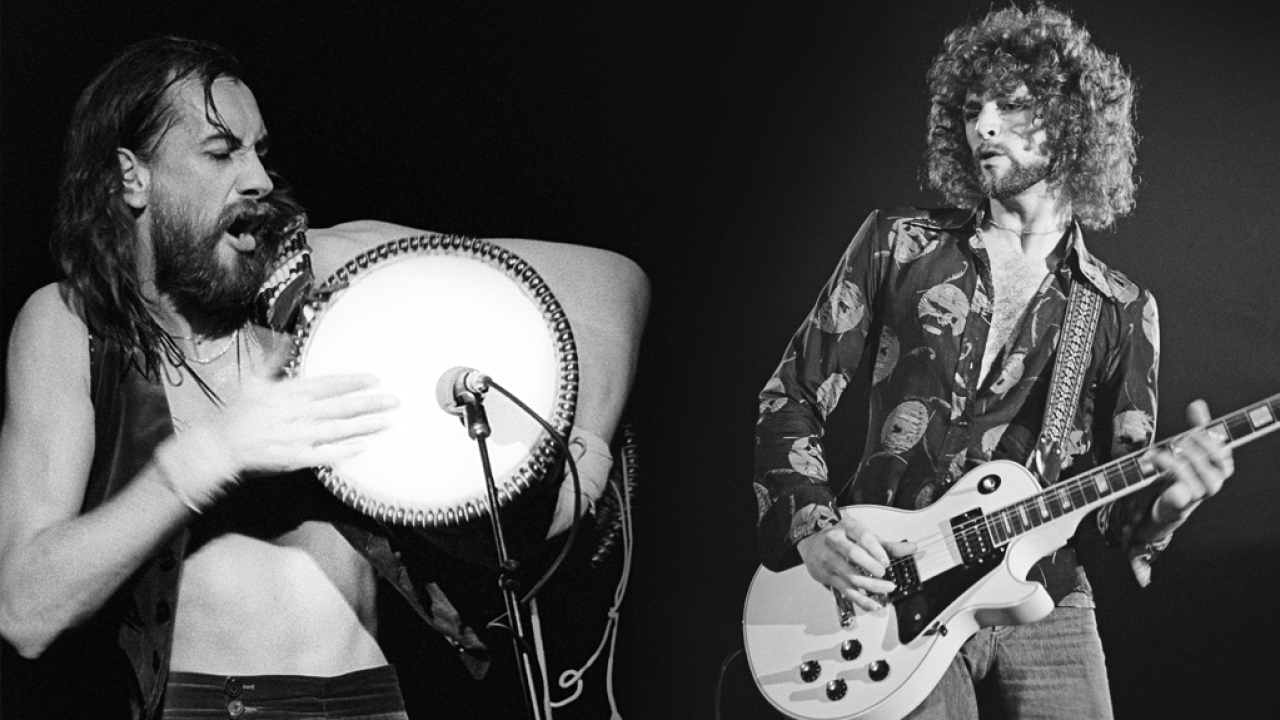Forty-seven years of Fleetwood Mac hasn’t been easy. Did you ever want to throw in the towel?
Mick Fleetwood: Not really. I needed a lovely job, and because I’m a drummer I need people to play with. So part of my story, really, is going out and finding wonderful people to play with.
Where did your ear for talent come from?
I learned a lot of that from Peter Green, my old friend who started Fleetwood Mac with me in 1967. He could have been a rock-god superstar like Eric Clapton or Jimmy Page, and he literally denied himself from doing that. He was all about giving people their space, and with the guitar players who came into Fleetwood Mac Peter was incredibly generous.
One of your better decisions was adding Stevie Nicks and Lindsey Buckingham. Were you apprehensive?
Absolutely not. There was no audition, nothing. It was quite simply an open door that Stevie and Lindsey had to put some thought into because they had their own career.
Fleetwood Mac worked on new music this year. Can it compete with what came before?
People really, really love to see us play. And yes, we can do some new things, and for us it’s quietly important to do that. But when all is said and done, if we made three albums right now, guess what they’d like to hear?
The old stuff.
And you know what? I don’t blame them. If I were to see Bob Dylan I’d want to hear one of his songs from the old days, because you’re emotionally more connected to it. That’s just a fact of life, and it happens more and more if you’ve been blessed with a long career. It’s not a bad thing, it’s a good thing. So that’s where we’re at with the mighty Mac.
Lindsey, Fleetwood Mac was already a bit of a mess and a minefield when you and Stevie Nicks joined, and it’s certainly been a roller-coaster ride since. How does it keep going?
Lindsey Buckingham: One of the things about Fleetwood Mac is it’s a moving target, politically, because we’re kind of a group of people who don’t necessarily belong in the same band together. We’ve been doing this a long time, so you kind of get used to the fact it’s always a little bit of a political minefield. So you always try to look at it in the broadest possible context for the good of the big picture.
How do you think the world views Fleetwood Mac after all these years?
It’s funny, the whole arc of Fleetwood Mac. The perception seems to change. There’s something either cyclical or… generational that seems to change the playing field in terms of the perception that is waiting for us out there. Right now there seems to be an enhanced appreciation for the body of work. There seems to be a lot of young people at the shows. I’m not sure there haven’t been before, but there seem to be more this time. I’m not sure why that is, but I’m certainly not complaining.
How has the three-way creative axis between you, Stevie and Christine McVie evolved?
It’s a very strong aspect of what I always thought was kind of the whole being greater than the sum of the parts. Christine and I have a kind of symmetry of respect and love for each other on a creative and musical and personal level. And I think that was a big part of what that whole being greater then the sum of the parts was at the time, the fact that I could do that for her. I did it for Stevie, too. Christine could also infuse her sensibilities into my stuff, and I could tap into what I did as a producer and give so much back to her. They’re very different relationships in that way.
The musical dialogue between you and Stevie, however, is the kind of thing soap opera scriptwriters would kill for.
[Laughs] If there’s a thread you can trace between the beginning of when Stevie and I joined and the present, that is certainly it.

